US needs to be ready to confront Russia: Trump's Pentagon pick
US President-elect Donald Trump's pick for the Defense Department, retired Marine General James Mattis, says Washington must be ready to confront Moscow, urging caution about working with Russian President Vladimir Putin.
Mattis made the comments during his confirmation hearing before the Senate on Thursday, putting Russia at the top of a list of threats facing the United States.
“I am all for engagement [with Russia], but we also have to recognize reality and what Russia is up to,” Trump’s nominee for the Pentagon said. “He [Putin] has chosen to be both a strategic competitor and adversary in key areas. I have very modest expectations about areas of cooperation with Mr. Putin.”
Asked about the main threats to the US interests, Mattis said, "I would consider the principle threats to start with Russia."
He went on to say that the world order is “under biggest attacks since World War Two, from Russia, terrorist groups, and China’s actions in the South China Sea.”
Mattis further noted that he intended to meet with the new Trump national security team to "craft a strategy to confront Russia for what it's done," when questioned about the possibility of new US sanctions against Moscow following its alleged interference in the 2016 US presidential election through cyberattacks.
Mattis, 66, served more than four decades in the Marine Corps. The retired four-star general, known as “Mad Dog” and the “Warrior Monk,” had been involved in several key military operations in Afghanistan and Iraq.
In November 2001, he led Marines that carried out a raid in helicopters on Afghanistan’s Kandahar province, giving the US military a new foothold against Taliban militants after the October 2001 American-led invasion of the country.
In 2003, Mattis commanded a division of Marines during the Iraq war, and in 2004 he led Marines in bloody street fighting in the city of Fallujah.

Mattis expresses support for Tel Aviv regime
During his Senate confirmation hearing, he briefly pointed out to Israel and expressed support for the Tel Aviv regime in the Palestinian occupied territories.
“Israel is a fellow democracy and I think Israel’s security is very important to the US,” Mattis said.
He claimed that Israel is the only democracy in the Middle East.
Mattis stressed the need for bolstering ties with Israel and threw his support behind a so-called two-state solution to the conflict between Palestinians and Israelis.
The retired Marine general also said he would not commit to Trump’s campaign pledge to relocate the American Embassy from Tel Aviv to Jerusalem al-Quds.
Trump's pledge came as former US Presidents Bill Clinton and George W. Bush had also promised to move the US embassy during their presidential campaigns in order to court pro-Israel voters, but later reversed their positions.
Last month, outgoing US President Barack Obama renewed a presidential waiver ordering the US Embassy in Israel to remain in Tel Aviv.
World doesn't recognize Jerusalem as Israeli capital
Most of the world does not recognize Jerusalem al-Quds as Israel's capital and the city is considered occupied territory, however, in September 2016, Trump, who was the Republican presidential nominee at the time, had promised Israeli Prime Minister Benjamin Netanyahu that he would "recognize Jerusalem [al-Quds] as the undivided capital of the state of Israel" if he emerged victorious in November presidential election.
Palestinians are seeking to create an independent state on the territories of the West Bank, East al-Quds and the Gaza Strip, with East al-Quds being the capital. They are also demanding that Israel withdraw from the Palestinian lands occupied in a 1967 war.
Over 230 illegal settlements have been constructed since the 1967 Israeli occupation of the Palestinian territories. The unauthorized structures have hampered attempts to establish peace in the Middle East.
The occupied Palestinian territories have witnessed tensions ever since Israel imposed restrictions on the entry of Palestinian worshipers into the al-Aqsa Mosque compound in East Jerusalem al-Quds in August 2015.
More than 270 Palestinians have lost their lives at the hands of Israeli forces in the tensions since the beginning of October that year, when the tensions escalated.
British protesters slam UK’s complicity in Gaza genocide on Balfour day
US surgeon haunted by Gaza children with ‘single gunshot wounds to head’
VIDEO | Iran's possible retaliation against Israel
VIDEO | Fatal Harvest: Escalating attacks on Palestinian farmers in the occupied West Bank
Hamas rejects temporary truce offer, calls for complete ceasefire in Gaza
Iran among top nuclear technology countries: AEOI chief
Democrats 'risk losing' election for backing Israeli war on Gaza, Lebanon: US journalist
Protesters remove busts of Israel's first president from Manchester Univ.


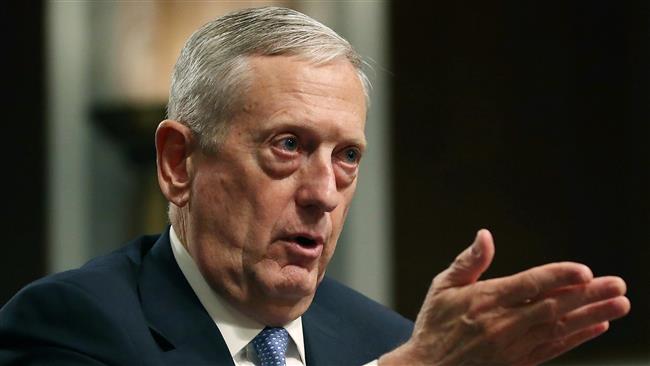
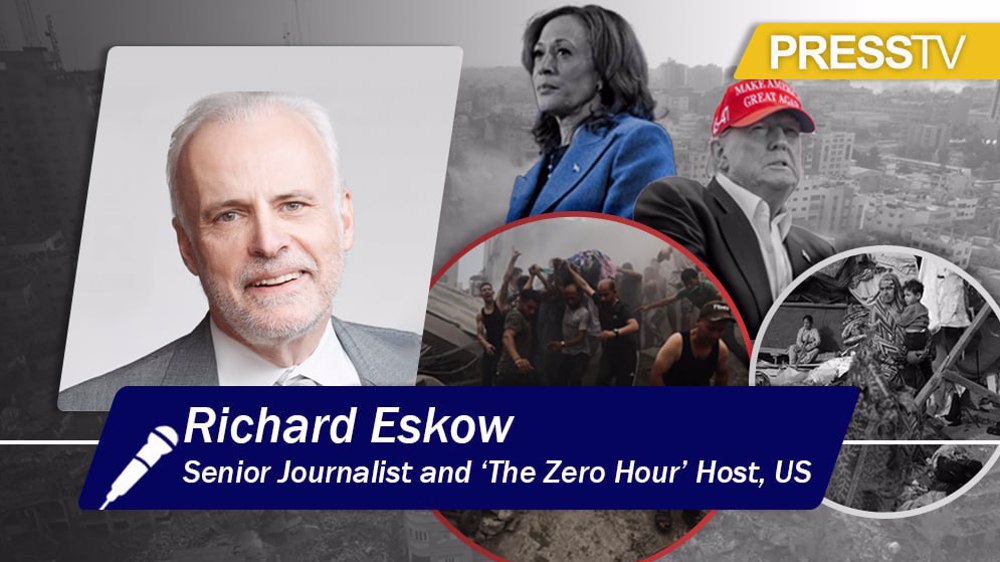

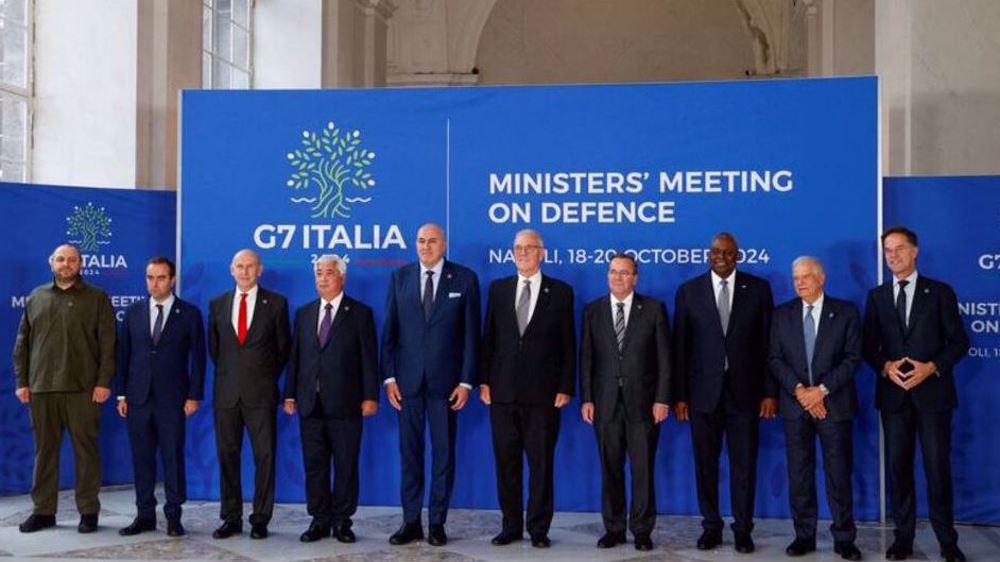



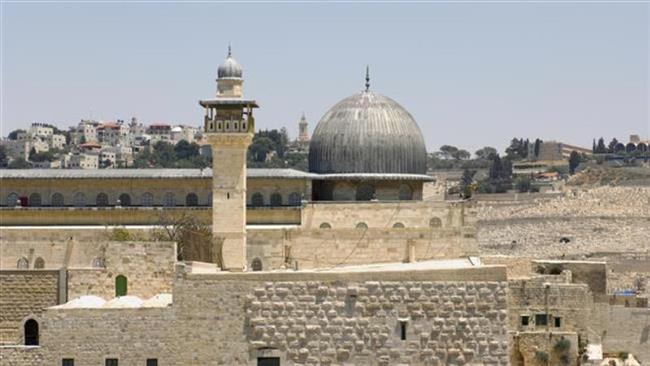
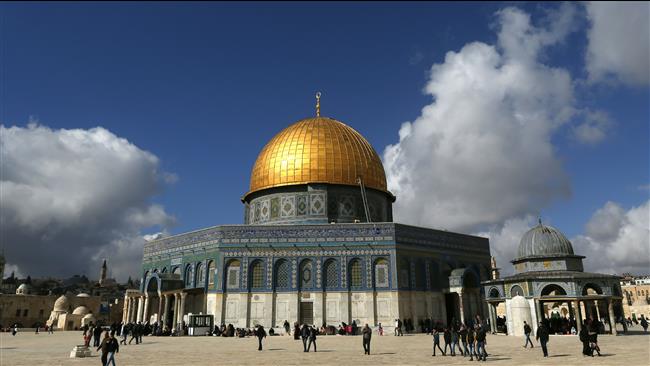
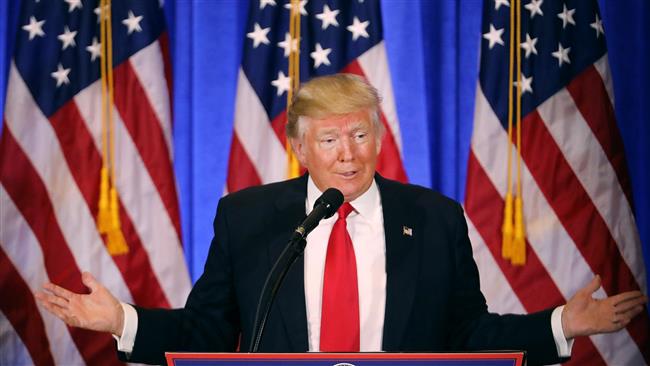
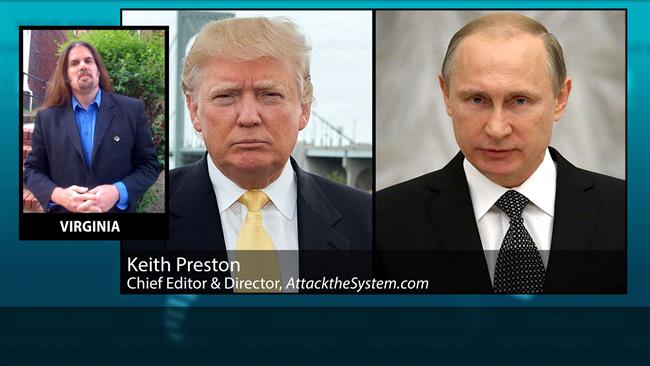
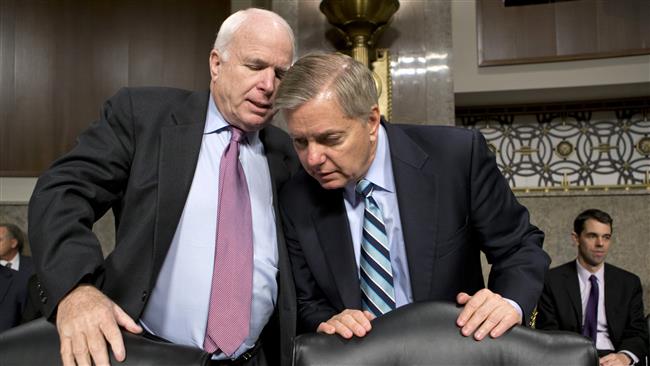
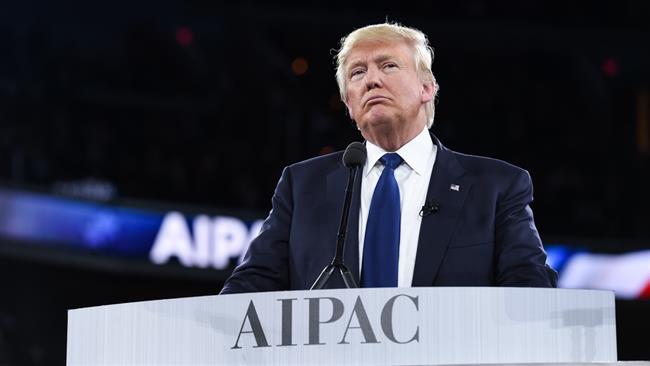
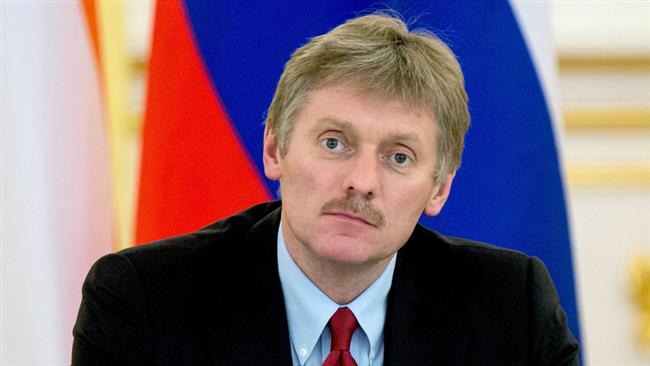
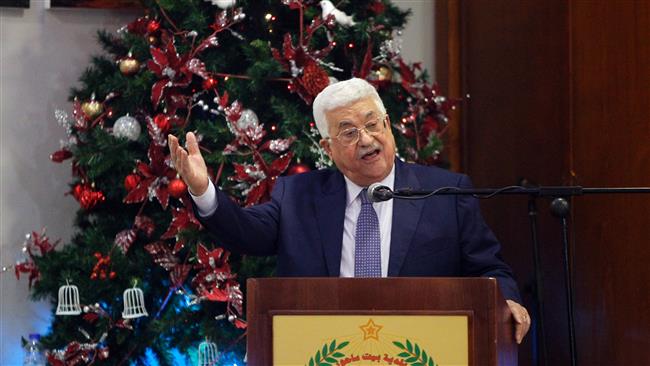

 This makes it easy to access the Press TV website
This makes it easy to access the Press TV website